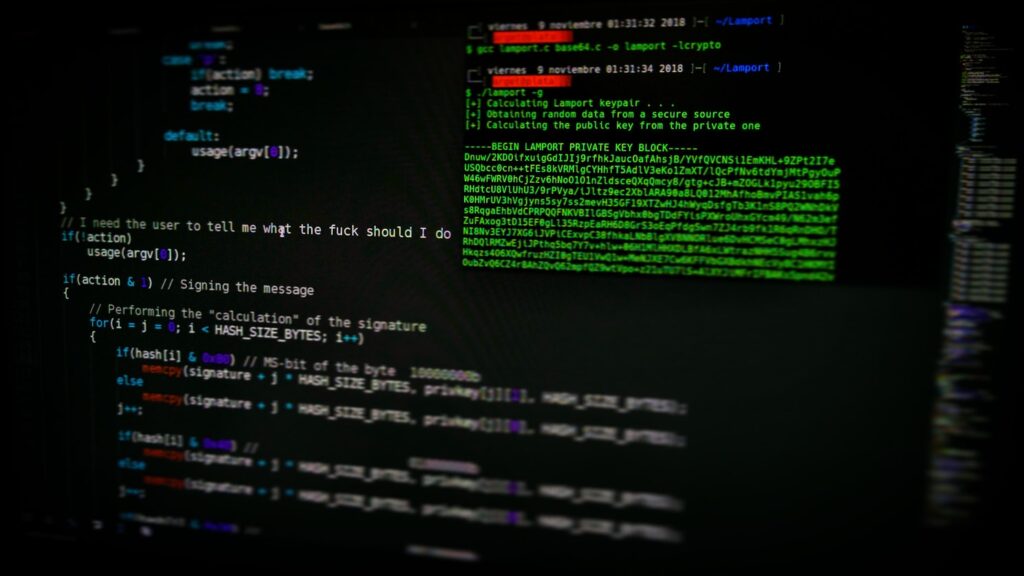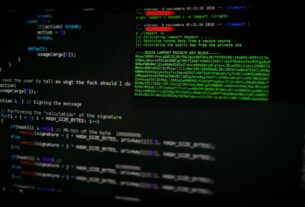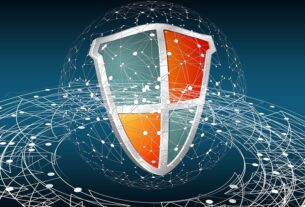Computer thieves are increasingly trying to gain access to information that is inaccessible to them, which is on a computer or on a certain site. Basically, they want some credit card data or other confidential information. Each time they act more and more sophisticated and cunningly. To effectively protect yourself from them, you need to know their basic methods of hacking and getting important information.
In order to write this article, we studied many sites and took the Safe ADC website as an example. This company does restoration services in Toronto and has a pretty good website. Here are the top 10 tricks they most often use, as well as precautions and protections:
Hacking into the platform of the site where the information is posted.
To protect yourself from this as much as possible, post on sites that have a complex programming language and a server that has no way out of the intranet. If there is additional user authentication, this will be an added plus to your protection.

Password cracking
The source of the capture of the password can be a hacker launched script, which will read all the information entered on the keyboard and pass it to intruders. There is protection! The more complex the password, the harder it is for the script to recognize it. If the password consists of upper and lower case, symbols and numbers, it will be harder for computer thieves to get hold of your information.
Weak computer protection
Due to the lack of antivirus, pirated operating system and due to uninstalled updates, your secret materials can be stolen. To keep yourself safe, you need to set up protection, use a firewall, and install the necessary updates from the vendor’s official website.
Lack of regular scanning
Such negligence can lead to the fact that you can lose everything, in an instant. It is advised to perform a quarterly PCI scan through the Trustwave service to save the information stored on the site.
Lack of patches for the system
Failure to do so often results in blocking any data. It’s easier for attackers to steal information if you don’t have the latest patch. All they have to do is click one button and the virus will infiltrate the security center and deprive you of access to your own documents.
Brute force is another trick for thieves
Brute force is similar to password cracking, but it follows a different pattern. If a password is cracked by reading information, then the brute force is a password crack using a brute-force method. Of course, you can have a complex password consisting of numbers, but if your name and year of birth are included in the password, it’s just a gift for hackers. Also this method calculates a similar password on other services, so don’t use the same password on different sites and change your password more often. This also applies to passwords for FTP, database users and website accounts.

Another proven way to protect yourself is with .htaccess files
These files help customize and improve site security. Thanks to them, you can install many additional configurations that help build a system of protection against hacking. Also, thanks to the .htaccess file, editing the system parameters will be more secure for you, because it takes place without affecting the main configuration file, which means that system failure due to deletion of the system file is almost ruled out.
SSL protocol is another indispensable helper of site security
It establishes a secure connection between the server and the user’s browser. Information is transmitted encrypted through HTTPS. It becomes much more difficult to crack the site, because only a special key can decrypt the encryption, which brings hackers a lot of difficulties and complicates the task.
Hacking without the use of technical means
This method is rarely used, but it works. To obtain a password, attackers impersonate technical support staff or administrators and ask for a password. You give them your password and say goodbye to your documents forever. There is only one security measure for this method: be careful whom you give your account login information to.
Website moderation and administration remain the best way to protect your site from hacking
Moderation involves constant monitoring of all “nodes” of the site, daily “cleaning” of the site from spam and promptly providing any technical changes to the site. Administration means counting statistics and keeping track of content changes.



